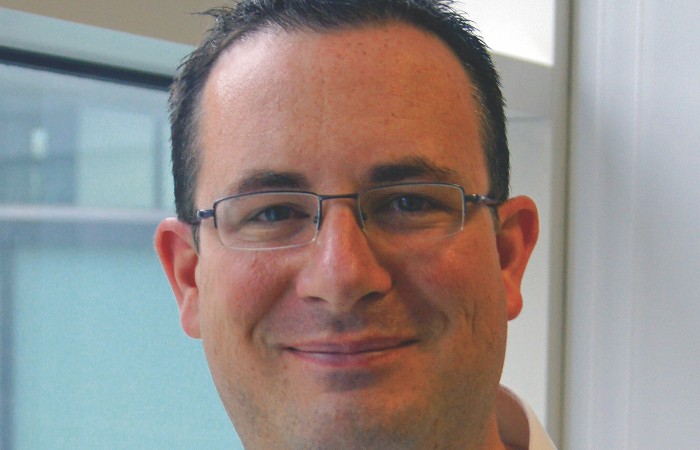It’ll take time for public to learn about Pharmacy First, says CPE
In Health & NHS news
Follow this topic
Bookmark
Record learning outcomes

Community Pharmacy England’s director of NHS services Alastair Buxton has said it will take time for the public to learn about Pharmacy First after a study by Healthwatch England found patients are more comfortable seeing their GP and are concerned they will not have privacy to discuss sensitive issues in a pharmacy.
A summary of Healthwatch England’s findings was delivered to the Health and Social Care Committee’s inquiry on pharmacy last Thursday by its head of policy, public affairs and research William Pett, who said Healthwatch discovered reservations about Pharmacy First having asked the public for their views about the seven conditions under the scheme.
He said people “were generally positive about going to their pharmacy for things like sore throats and earache” but “far less would do so for UTIs and for shingles.”
“We must accept that patients are used to seeing their GP as their first port of call for many health conditions, so Pharmacy First is welcome but there are going to be some restrictions on how quickly some patients are going to want to take up some of those services, rather than seeing their GP,” Pett said.
“We heard one of the top reasons why people are unlikely to go to the pharmacy is that they just prefer to see their GP, and a lot of that was around continuity.
“But there are other factors as well. Privacy is actually a really important concern for some patients especially on sensitive issues like UTIs. Patients want to know they are going to be seen privately, in a consultation room and many patients aren’t aware that pharmacies offer private consultation rooms.”
Buxton told Independent Community Pharmacist that Healthwatch’s findings “come as no surprise” because patients are currently unfamiliar with Pharmacy First even though they are used to going to pharmacies for advice and treatment for conditions that fall under the scheme, which starts on January 31.
NHS England is thought to be working on an advertising programme to raise public awareness of Pharmacy First.
“The Healthwatch findings come as no surprise. Patients have long sought advice from pharmacies for some of the seven Pharmacy First conditions, but this new service will be the first time that pharmacies can offer the full range of treatments for some of the conditions such as UTIs,” Buxton said.
“It will take time for the public to learn about this, and this is why the NHS will soon launch a public marketing campaign to promote pharmacies as the place to go for all of these conditions.”
Buxton said CPE has been talking to Healthwatch England “for a number of months” and insisted they “have supported our calls for a Pharmacy First service.”
“We were pleased to hear them offering to support the NHS communications campaign only last week,” he added. “We will continue to work with them and with a wide range of stakeholders to ensure that patients understand the new service and also the privacy and range of treatments that community pharmacies can now offer.”
NPA: More work to do to shape public’s understanding of healthcare choices
The National Pharmacy Association's head of communications Stephen Fishwick told ICP that although pharmacies are "seen by most people as the best first port of call for advice about common ailments...there is certainly more work to do to shape the public’s understanding of their healthcare choices."
"Public attitudes towards doctors, pharmacists and other health care professionals are deeply embedded in society, but they have evolved over time and most people now support community pharmacists taking on more clinical roles," he said.
"Pharmacy First is an important staging post in terms of achieving a long-term shift in public attitudes and patient behaviours.
"A successful Pharmacy First service will itself make a positive difference to how people perceive pharmacists, pharmacy staff and their future role in primary care. It will also help address specific concerns such as confidentiality, as people become used to the process and get gradually more familiar with the consultation room setting."
Rowlands chief: NHS needs to promote Pharmacy First
Rowlands Pharmacy superintendent pharmacist Stephen Thomas urged the NHS to promote Pharmacy First so patients have a clear understanding of what it offers them.
"Pharmacy First has been a success in Scotland as well as the Common Ailments Service in Wales for several years, providing healthcare access, support and advice which people trust and use on a daily basis. It will, of course, take time for people in England to understand when it is most appropriate to seek support from their local pharmacy rather than a GP or A&E," he said.
"The NHS needs to promote Pharmacy First to help people make those considered choices and reassure them that a pharmacy visit may then lead to a GP or even A&E referral. Just like visiting your GP surgery, patient privacy can be guaranteed in a pharmacy setting."
